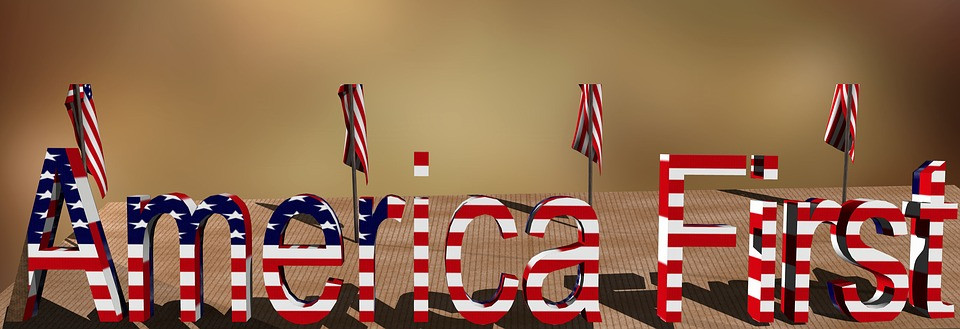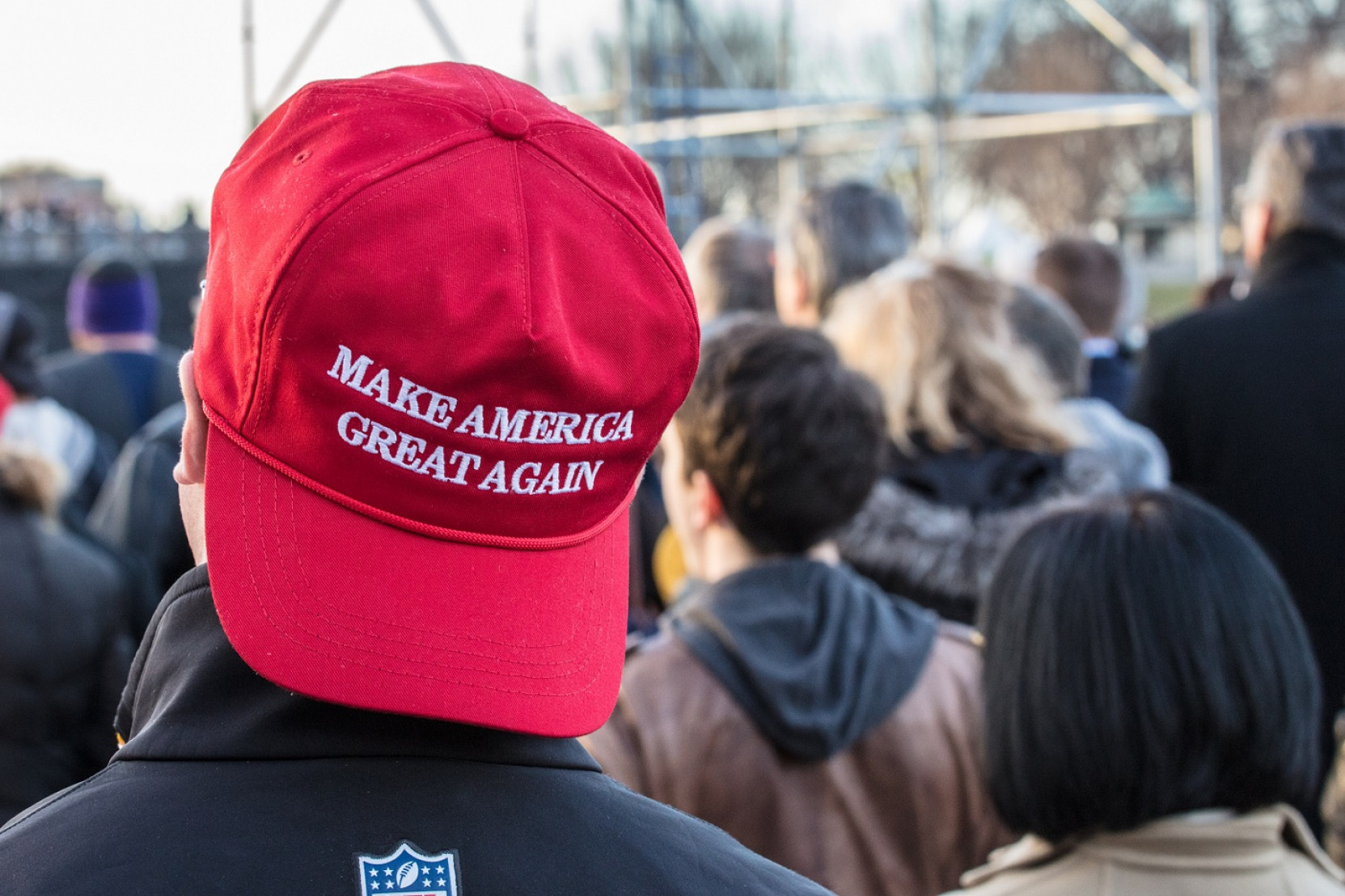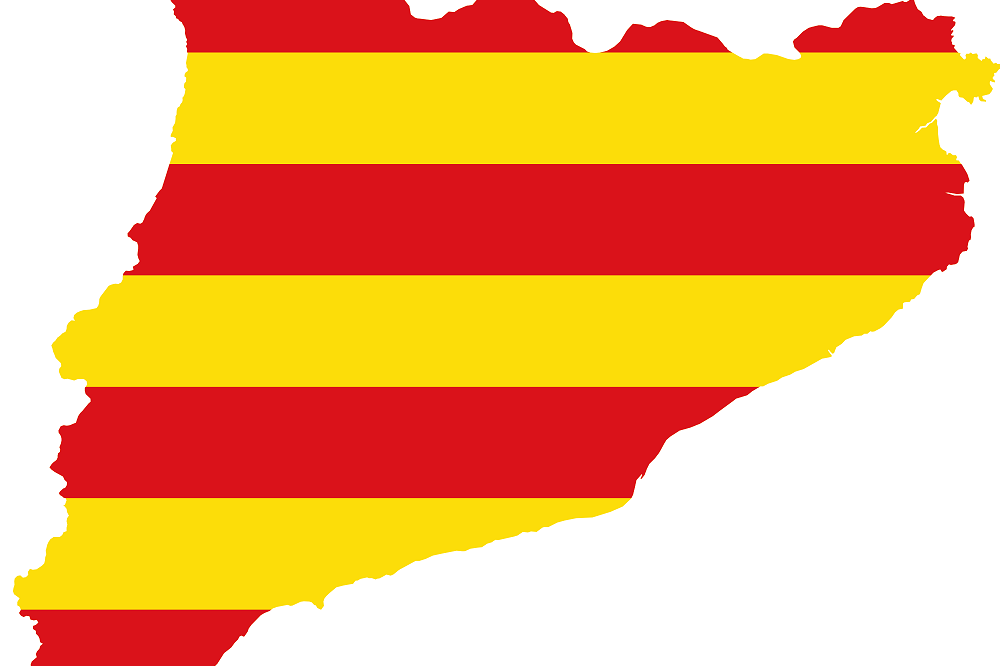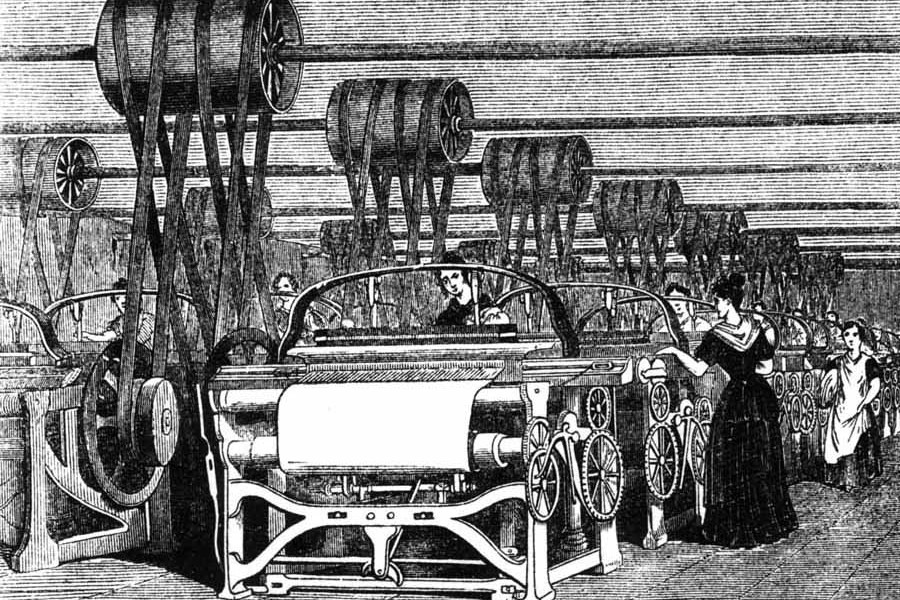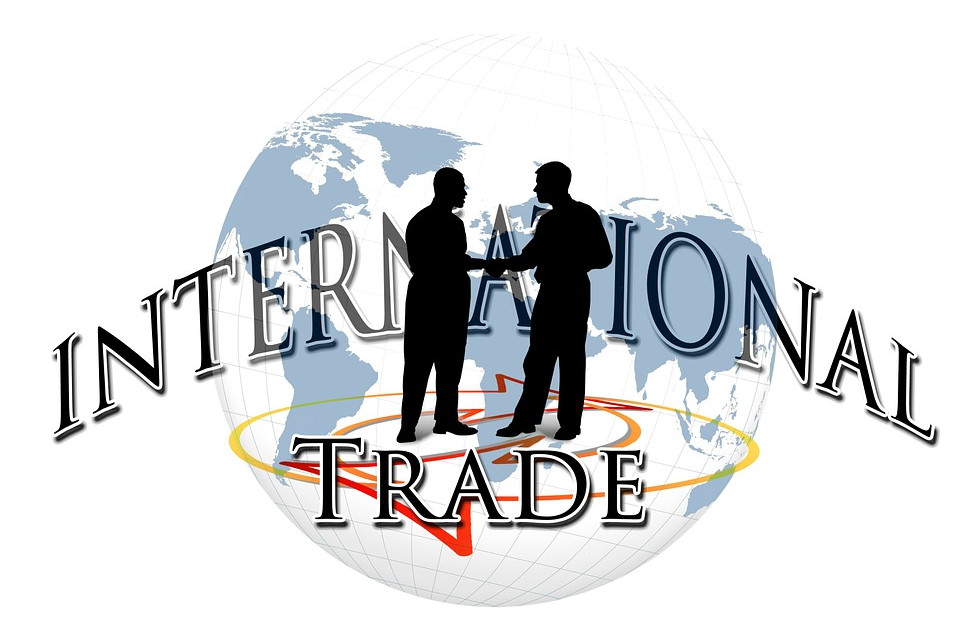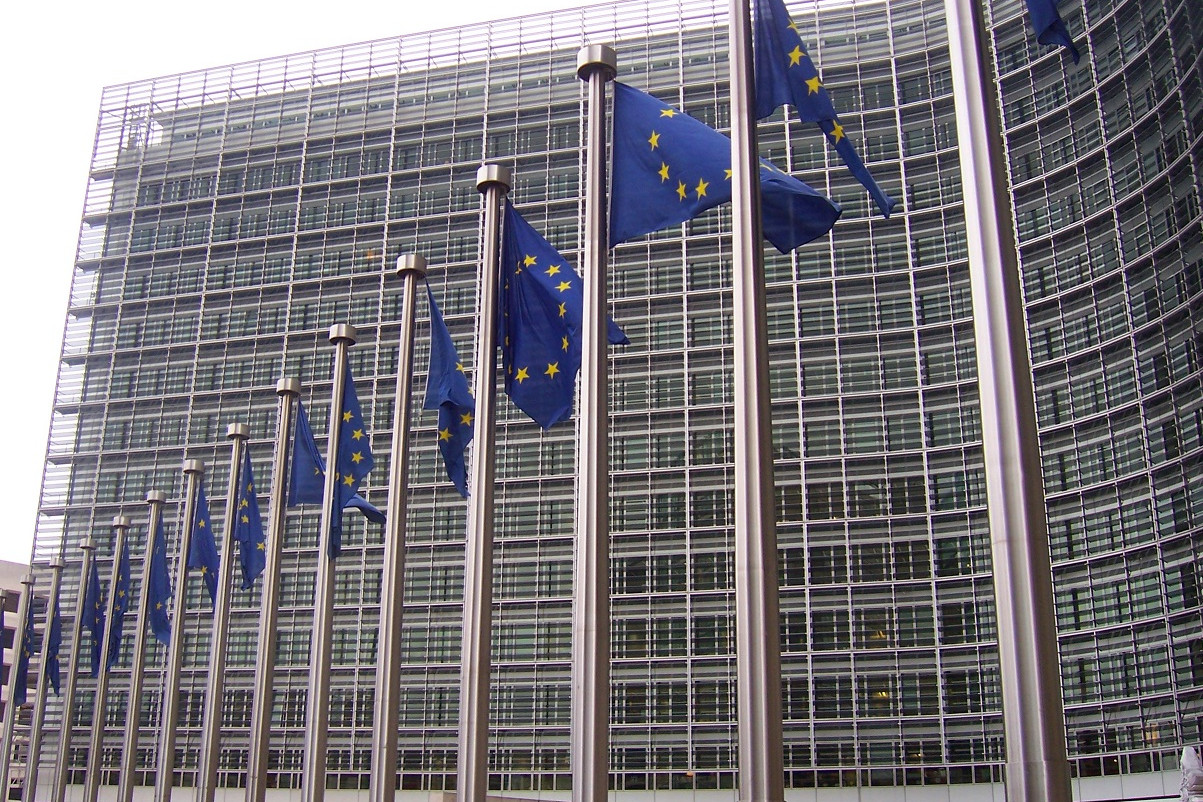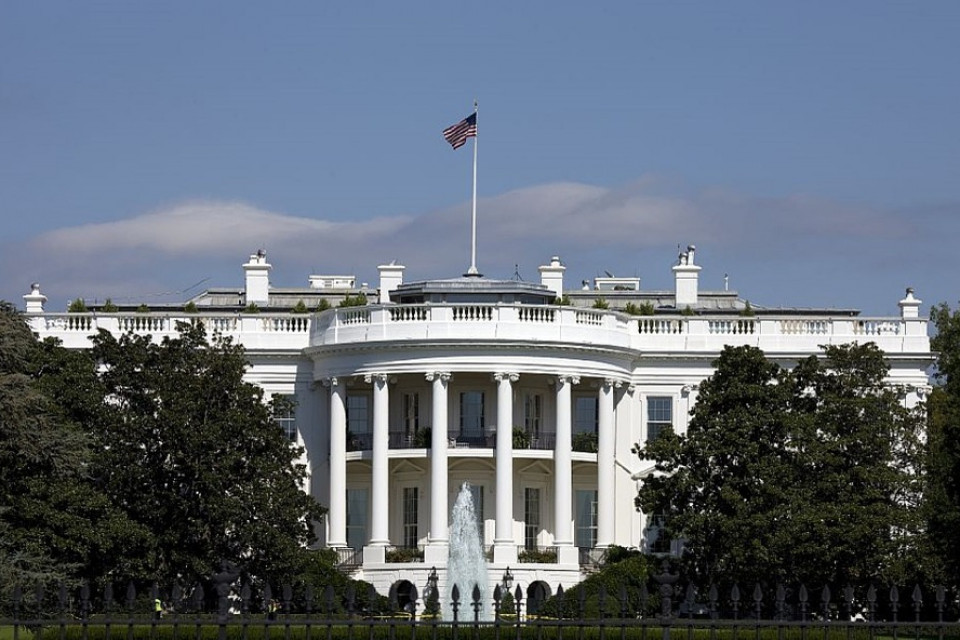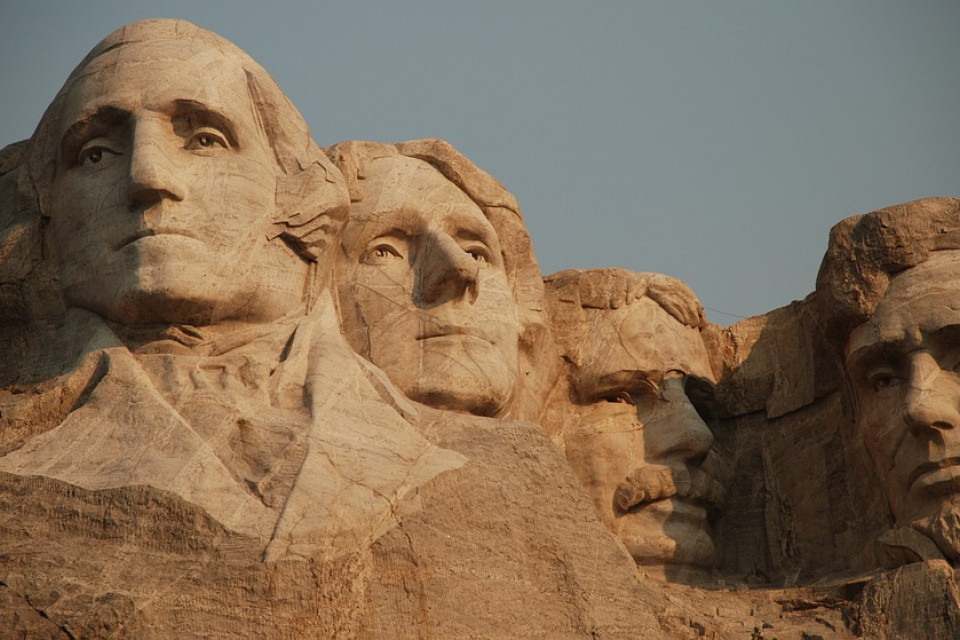In his election campaign, Donald Trump hoisted the ultranationalist flag. His slogan 'United States first', and the promises of the implementation of protectionist policies, among other proposals led him to occupy the White House.
The administration of the president who has been protectionist since the very beginning has gone from theoretical to practical. Trump has jettisoned the trade agreements signed by Washington after the Second World War and this decision is causing unprecedented destabilization.
In a world where globalisation is irreversible as a consequence of technological development and where multilateral trade dominates, Trump is pursuing a contrarian policy, which, as some economists say, in the end will reverse the US economy with consequences for the US population at large.
The retrograde approach of the Trump executive commercial policy might trigger reprisal measures from other countries and an unprecedented trade war.
The decision of the US president is an example that falls between two stools when it comes to conceiving world-wide commerce. On one hand, in favour of implementing protectionist policies, and on the other, maintaining a line favourable to free market policies. It is curious that a short time ago, the EU negotiated the implementation of the TIPP with the USA -something which had given rise to so much debate and protests - that implied a greater commercial opening between both markets. An agreement that has now been shelved, waiting for better times.
The EU's concern is evident, although on more than one occasion Trade Commissioner Cecilia Malmström has assured us that the EU is not afraid of protectionist thugs, but for now, the EU's claims do not seem to be working. To avoid the increase in tariffs, Trump called on the EU to lower its "horrible barriers and tariffs on US products".
The EU calculates that the new US tariffs will have an effect of more than 5,000 million Euros per year on the European steel sector and more than 1,000 million on the aluminium one.
From Europe, 15% of steel exports and 2% of the total steel production goes from the old continent to the USA. Brussels calculates that the tariff declared by Trump could reduce that export by half.
The secretary of the WTO, the Brazilian Roberto Azevedo, has declared that their organization was concerned and that "a commercial war is not in anyone's interest".
The decision to impose a 25% tariff on foreign metal could leave Spain without 324 million Euros.
Another different battle is that which Trump has with China, whose government has responded to the US by threatening to apply tariffs amounting to 50,000 million dollars per year to 1,300 Chinese products with the imposition of a 25% tax on imports by China on 106 US products, including automobiles, soya and whiskey.
The Chinese government points out that the US president's decision of "clearly violates the rules of the World Trade Organization and the Rights and legitimate interests of China".
The date for the implementation of tariffs is about to be reached. As regards Trump, the commercial war does not seem to have made him decrease in intensity, and we suppose that all this will go on for some time.
To get to know Trump's protectionist measures of in depth and their repercussions on other economies, TEJ provides the opinions of specialists in the subject.



